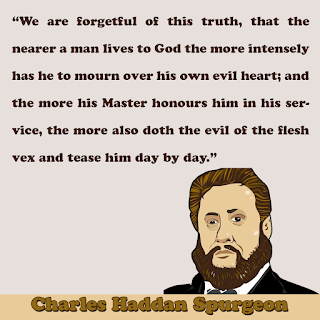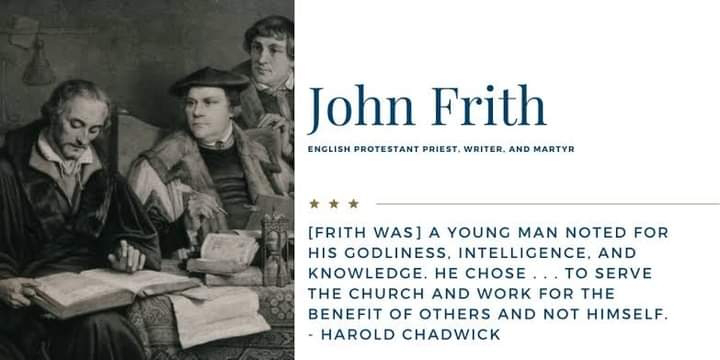WHAT’S LIFE ALL ABOUT?
Life is about God. Everything in our life is intended to point us to the majesty and splendor of an all-knowing, all-powerful, and all-sufficient God. This God shows grace to mankind. Grace is undeserved favor. It means that anything God chooses to do is because He chooses it, not because He owes anyone anything. The nature of grace means that it can never be repaid. It is a gift that magnifies the giver, not the recipient.
GOD
He is the beginning of all things and the giver of all life. As the Creator, He alone deserves our love, worship, and obedience.
Revelation 4:11 Thou art worthy, O Lord, to receive glory and honour and power: for thou hast created all things, and for thy pleasure they are and were created.
Isaiah 45:5 I am the LORD, and there is none else, there is no God beside me.
REBELLION
We have failed to love, worship, and obey Him the way He has commanded. We have chosen to live our life on our own terms, outside of God’s authority. Because we have failed to follow God’s standard of right and wrong, we deserve justice and punishment for our sin.
Romans 3:10 As it is written, There is none righteous, no, not one:
Romans 3:23 For the wages of sin is death…
ATONEMENT
Atonement means “to reconcile a relationship. God sent His Son Jesus Christ to make amends for the wrong we committed against God. Jesus Christ followed God’s standard of right and wrong. He loved, worshipped, and obeyed His Father completely and perfectly. He willfully took our place and received the wrath of God for our sins so that we could be reconciled back to God.
2 Corinthians 5:21 For he hath made him to be sin for us, who knew no sin; that we might be made the righteousness of God in him.
CONVERSION
To receive atonement, we must repent from trusting in our own righteousness and believe that the death, burial, and resurrection of Jesus Christ satisfied God’s wrath against sin. There is no other way to be reconciled to God than by faith in Jesus Christ alone.
Romans 10:9 That if thou shalt confess with thy mouth the Lord Jesus, and shalt believe in thine heart that God hath raised him from the dead, thou shalt be saved.
Ephesians 2:8-9 For by grace are ye saved through faith; and that not of yourselves: it is the gift of God: Not of works, lest any man should boast.
ETERNAL LIFE
If you understand that it is God’s grace that saves you, you understand the nature of the greatest gift ever given, eternal life. Eternal life is more than just a duration of time, it is a quality of life. It means that you are now able to live and understand life so that it magnifies God and not yourself. You should seek to publically make known your new life as soon as possible by being baptized by immersion in a local church.
John 5:24 Verily, verily, I say unto you, He that heareth my word, and believeth on him that sent me, hath everlasting life, and shall not come into condemnation; but is passed from death unto life.









